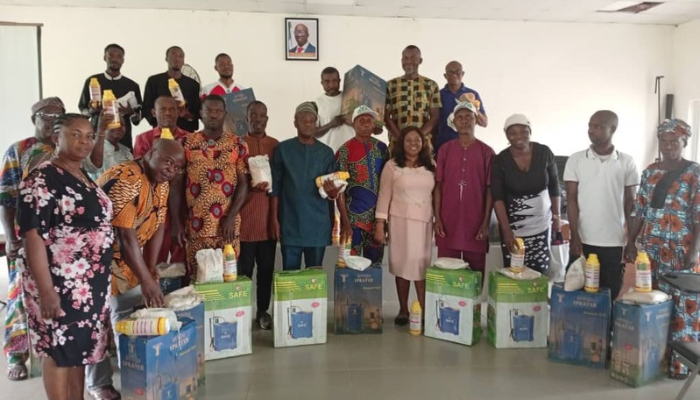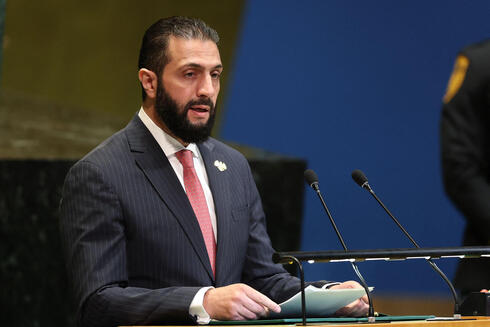By Idris Umar Momoh
Copyright businessday

As part of policy to boost food security in Nigeria, the Federal Government has empowered no fewer than 25 maize farmers in Edo State with inputs, herbicides and sprayers.
The government also built the human capacity of the farmers on the best modern farming technologies. The empowerment was carried out by the Federal Ministry of Agriculture and Food Security.
The beneficiaries drawn from the 18 local government areas of the state were taught on the modern methodologies of maize cultivation, varieties, application of herbicides, storage, and marketing among others.
Speaking at the ceremony, Imade Patricia, the Edo State coordinator, Federal Ministry of Agriculture and Food Security said the training and empowerment was in line with the President Bola Ahmed Tinubu-led government deliberate initiative to boost food production particularly maize production.
Imade, said the training is a train the trainers model, adding that the beneficiaries would replicate the same training with farmers in their various local governments and communities.
She said by the programme hundreds of thousands of maize farmers are expected to be trained in the state.
Read also: Firm trains Imo farmers on maize production to fight food insecurity
She explained that the capacity building and the distribution of hybrid, certified and fortified maize inputs are geared towards boosting yields of farmers per hectare as against the previous yields.
According to her, today we have trained and empowered 25 maize farmers across Edo state. They are to help us train others too. It is to train the trainers programme. We have trained them and so they should go back and train other farmers so that we can have the multiplier effects.
“We also distributed maize inputs that have been certified, fortified and of hybrids to the farmers.
“The maize farmers were brought together irrespective of their local governments of residence and where their farms are located to be trained on the latest technology that will make them acquire more yields of maize farming.
“We have discovered that some of our farmers are not too good at applying these technologies even though they know. So we have come here to enlighten them on the use of these farming inputs and how to apply like chemicals for example.
“The chemicals they need to apply, how to apply it and how to dispose of these empty containers among others. So, today, we have been able to put them through on how to apply all these to be able to protect themselves, the crops and to the end beneficiaries or users of the products,” she said.
While commending the federal government for the initiative, she also encouraged the farmers to take agriculture as a business rather than just to produce food only for their family needs.
She also assured that all federal government programmes and empowerments under the ministry of Agriculture and Food Security would always be made available to the farmers.
In his remarks, Bako Dogwo, the state chairman of All Farmers Association of Nigeria (AFAN), commended the federal government and the state coordinator for always putting farmers first in the state first in all its programmes.
Dogwo, however, urged the federal and the Edo State governments to relate with the association that has the data of all farmers in the state rather than what he called “political and portfolio farmers”.
Earlier, Charles Ezendu, Principal Agric Officer, Federal Ministry of Agriculture and Food Security, Abuja tutored the farmers on maize varieties and characteristics, site selection and environmental requirements.
The training titled, “Maize: The Golden Grain”, Ezendu also talked about the best modern practice of spraying chemicals, processing and uses, marketing among others.
The training was done in collaboration with Messrs Unis Multi Link Services Limited was the theme,”Training and Empowerment on Maize Farming and Value Addition Best Practices in Edo State”.



